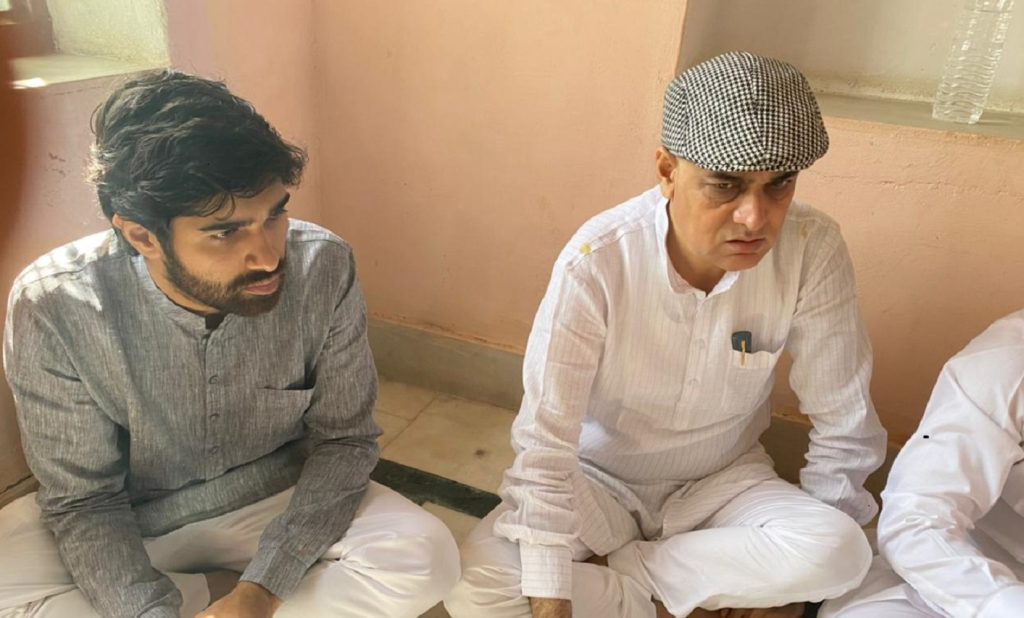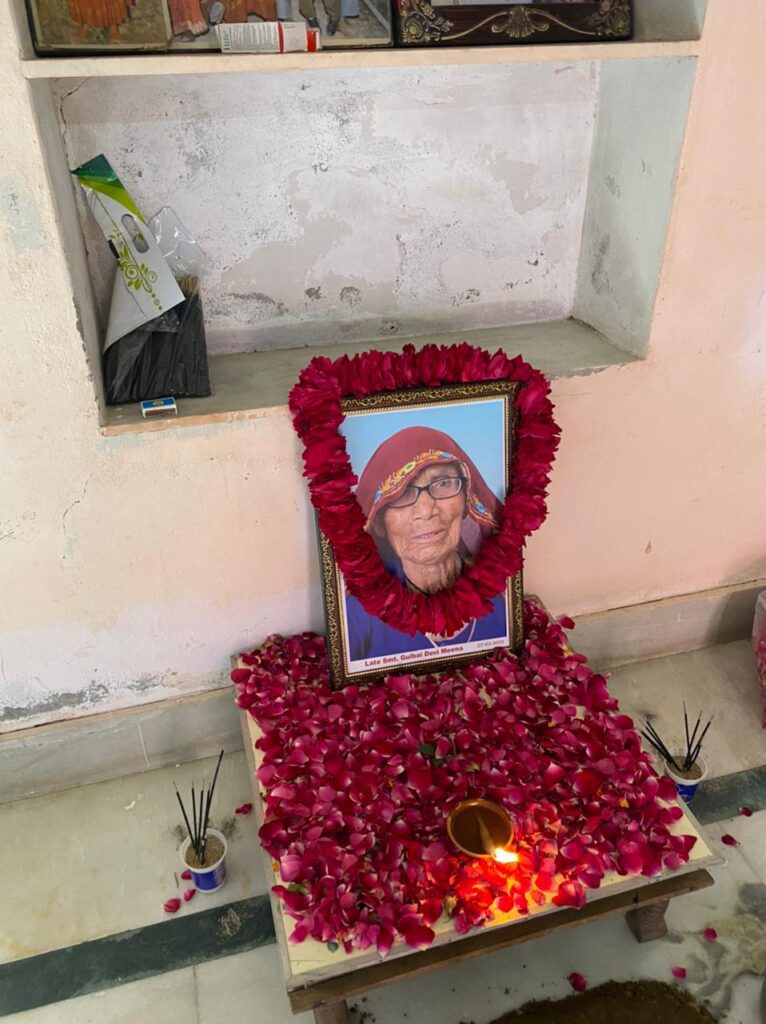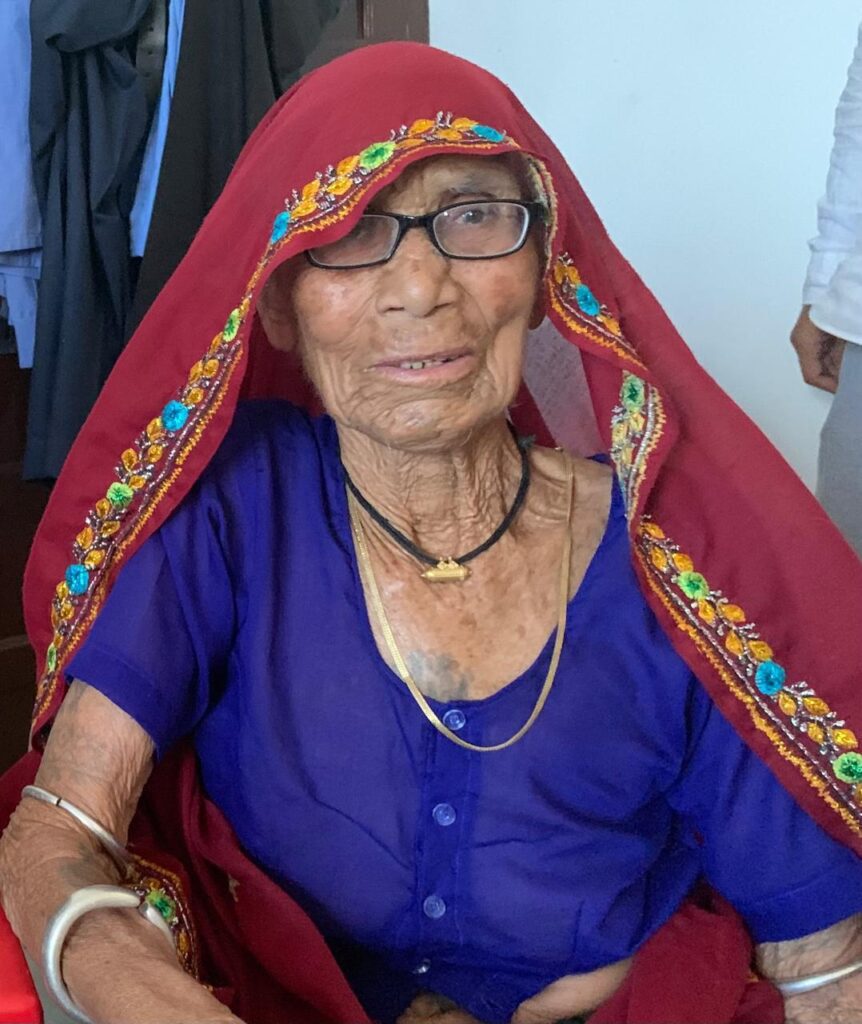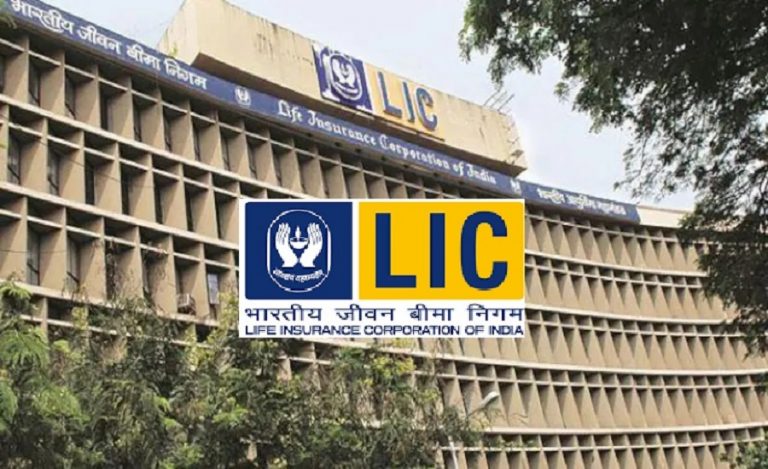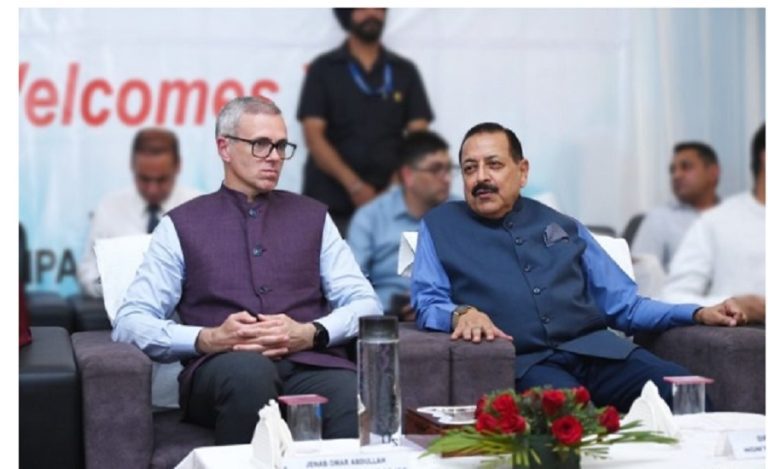Bureaucrats run the administration in accordance with the policies, laws, rules, regulations and decisions of the government. At the same time, they are expected to take up slew of initiatives for the betterment of society. At times, their responsibility also entails confronting social ills and dogmas and generate fresh sense of realization among the people.
A similar thing happened in Rajasthan recently when a senior bureaucrat refused to conduct the Mrityu Bhoj (death banquet) of his late mother and prohibit its practice. It is indeed a big step taken by 1995-batch IAS officer Mr. Kunjilal Meena who is currently serving as the Principal Secretary of Agriculture and Horticulture department in Rajasthan.
THE SOCIAL PRACTICE
Speaking with Indian Masterminds in an exclusive interview, Mr. Meena said “Mrityu Bhoj is a bad tradition which is still existing in the Indian society. An act was also passed in Rajasthan in 1960 for the prevention of Mrityu Bhoj, but still, people are forced to conduct the banquet, including large number of people, in remote areas. This practice causes a heavy financial burden on the poor, as they are bound by centuries of tradition and cannot say no to it.”
On February 27, 2021, Mr. Meena’s mother passed away. She took her last breath in the same village where all her kids grew up and where she spent most of her life. Ramsinghpura village falls in the Sawai Madhopur district in Rajasthan. Before, when Mr. Meena’s father expired, he organized the Mrityu Bhoj following the customary traditions.

Kunjilal Meena 

Mr. Meena’s late mother
But this time, he felt that this social practice should end for good, as it is also not legal to conduct or visit such a feast in Rajasthan. But it was not easy for him to take this bold step as the whole village was opposing it. He said, “At first the villagers were not ready to accept it and were trying to force us for organizing the feast. But after consulting among themselves, they agreed that such practices which are also prevented under the act should not be followed. I also told the villagers that such a practice is an unnecessary burden for the family and the same money can be utilized in something useful for the society.”
APPRECIATION
Not only did Mr. Meena refuse to organize the feast, but he also decided to use that money in a local school in his village. The money would help in improving the education of children in the village and will also set an example for other residents of the village.
The Rajasthan Prevention of Mrityu Bhoj Act, 1960 states that no person shall hold, give, join or take part in the feast (Mrityu Bhoj) in the State. It also states that “Whoever commits a contravention of the provisions of section 3 or instigates, abets or assists the commission of any such contravention shall be punishable with imprisonment of either description for a term which may extend to one year, or with fine may extend to one thousand rupees, or with both.” After Mr. Meena’s bold step against the age-old practice, appreciations to came from all directions. The news of the initiative went viral in the village, and even in the state. Many ministers from agriculture, energy, cooperatives, and other departments have applauded him.

